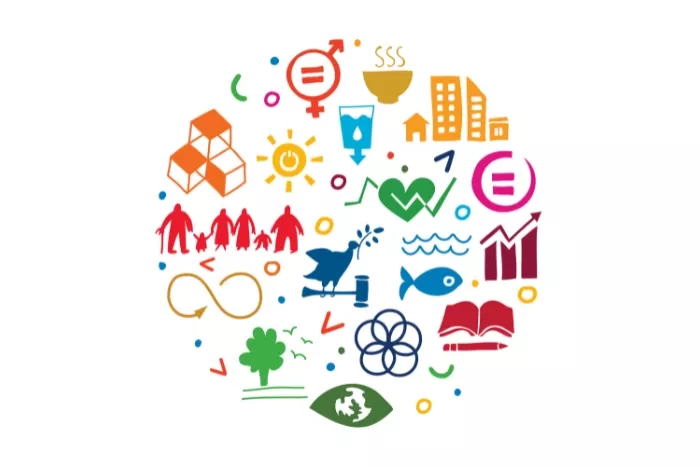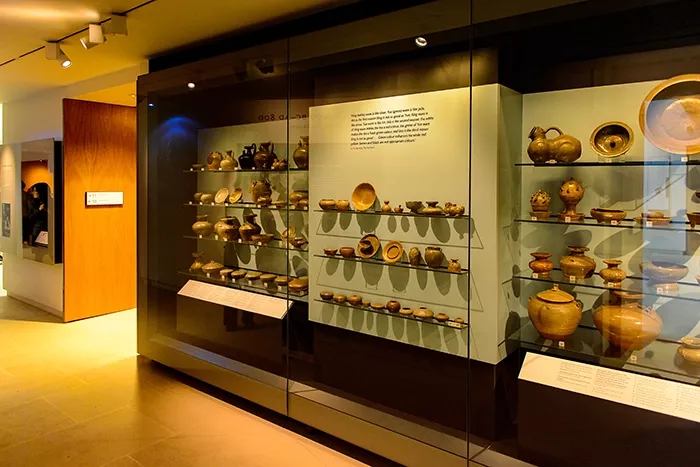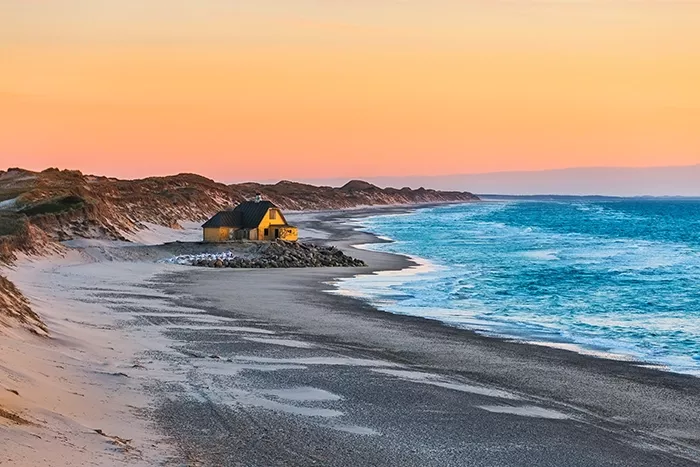The UK’s Research Infrastructure for Conservation and Heritage Science (RICHeS) team recently had the pleasure of visiting the University of Oxford, to meet with the team leading the Oxford Collaboration in Heritage Science Research and Engagement (OCHRE) project. Funded through the RICHeS infrastructure programme, OCHRE is led by Professor Heather Viles and is designed to enhance Oxford’s existing world-class capabilities in heritage and conservation science.
News
Exhibit urges dialogue on water inequality
Coverage in the Manila Standard of the "Fair Water?" exhibit on water access and inequality which opened this week at the Ayala Museum in Makati. The exhibit developed by the REACH programme aims to raise awareness and start conversations about one of today’s most urgent global concerns: fair and equal access to clean water.
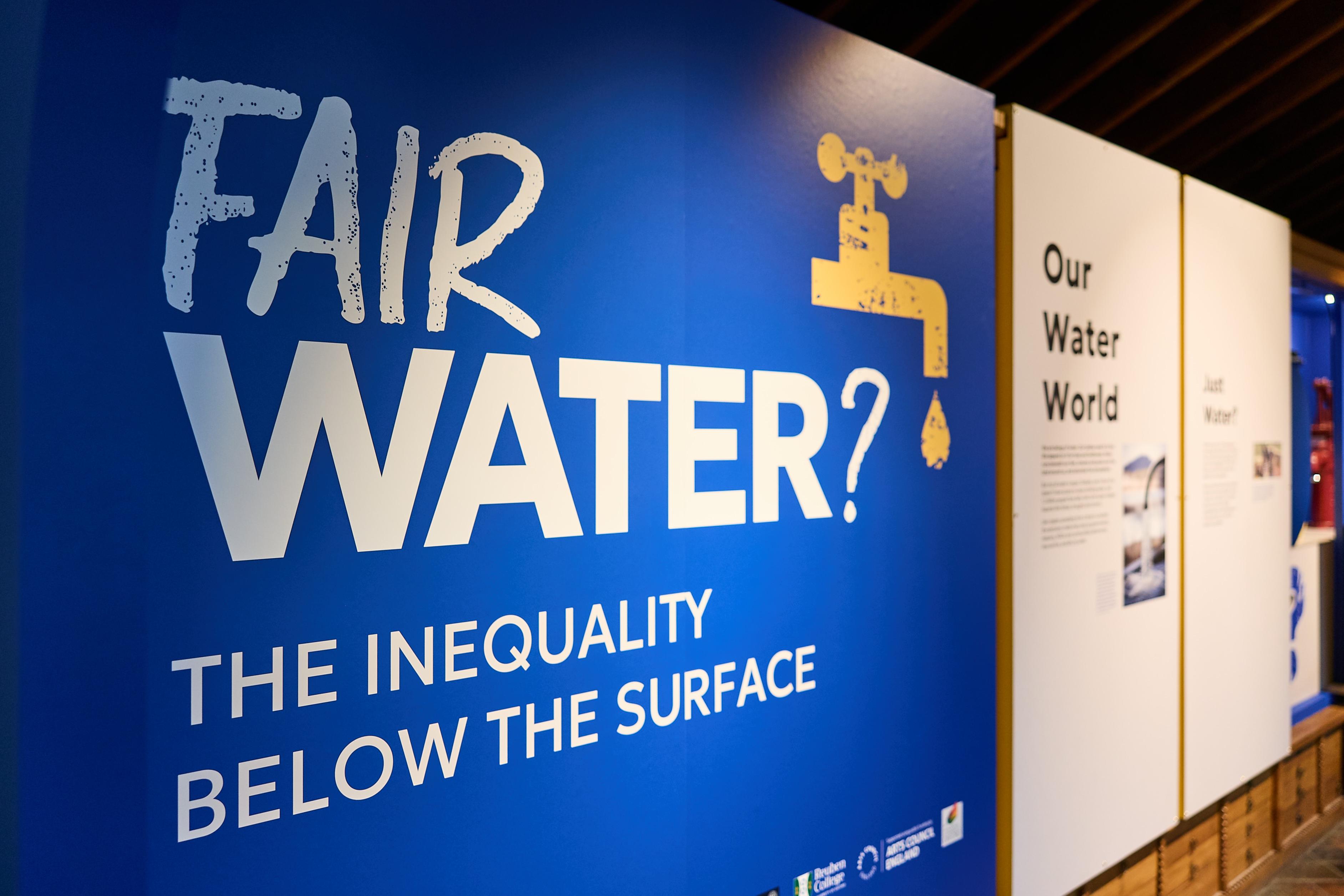
Professor Jim Hall elected Fellow of the Royal Society
Professor Jim Hall, Director of the Oxford Programme for Sustainable Infrastructure Systems (OPSIS) and Professor of Climate and Environmental Risks at the University of Oxford, has been elected a Fellow of the Royal Society (FRS).
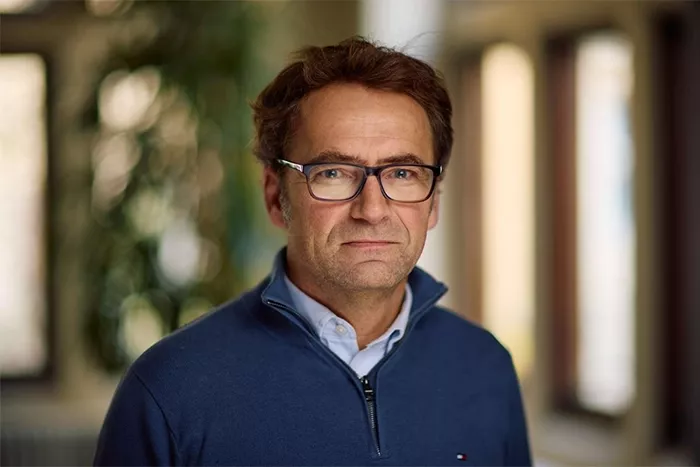
How lichens are bringing stone to life and reconnecting us with the natural world
Dr Nicholas Carter explores how lichens are bringing stone to life and reconnecting us with the natural world in an article for The Conversation. His article was a runner up in The Conversation Prize for writers, run in partnership with Faber and Curtis Brown.
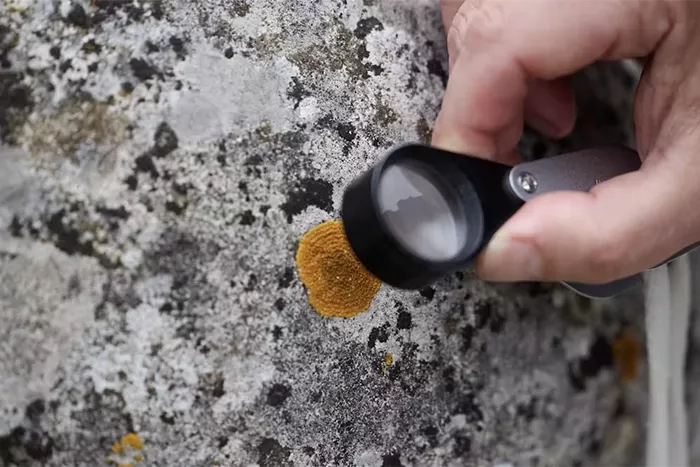
GRIT remaps the world’s rivers, branching into the unknown to aid global flood modelling
A team, led by Professor Louise Slater in the School of Geography and the Environment, has created the most complete map of the world’s rivers ever made offering a major leap forward for flood prediction, climate risk planning, and water resource management in a warming world. The new study, published in Water Resources Research, introduces GRIT—a mapping system that finally shows how rivers really flow, branch, and connect landscapes.
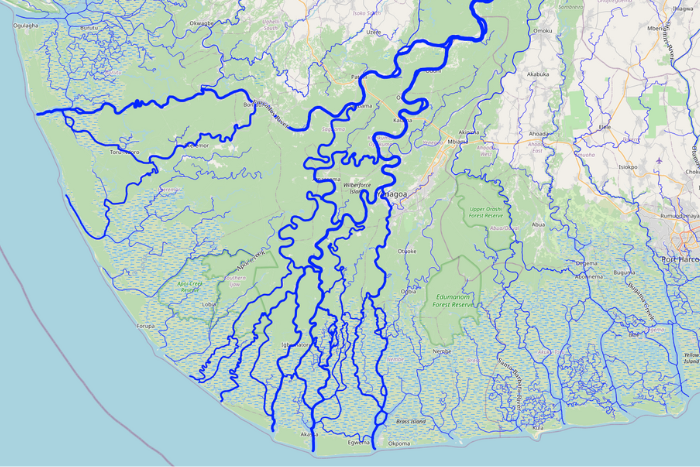
Oxford collaborates with the BBC: The power of fandom in Call the Midwife audiences
A new co-produced video series from the BBC and Dr Alice Watson, from the School of Geography and the Environment, explores how the acclaimed television drama Call the Midwife inspires audiences to engage, create, and connect — offering fresh insights into the power and resonance of popular culture, and the wider impact of public service broadcasting.
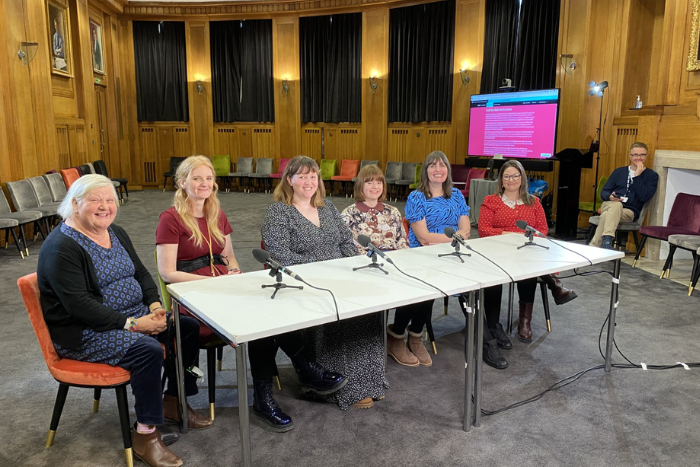
Professor Gillian Rose awarded Victoria Medal in 2025 RGS-IBG honours
Professor Gillian Rose has been awarded the Royal Geographical Society (with IBG) Victoria Medal for conspicuous merit in research in geography.
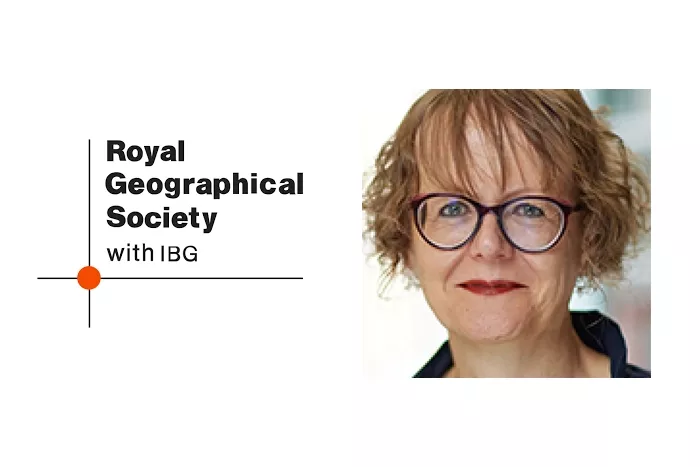
Forests through time: what can ancient trees tell us about ecosystem restoration?
How have plants adapted over centuries or millennia to survive and recover from human interference? David Moreno-Mateos and his team are analysing tree species in Brazil’s Amazon Rainforest to find out, and to help inform and improve future restoration practice.

Why ‘de-extinct’ dire wolves are a Trojan horse to hide humanity’s destruction of nature
In a thought-provoking feature for The Conversation, Dr Rich Grenyer, Associate Professor in Biodiversity and Biogeography, examines the ethical and ecological concerns surrounding de-extinction, arguing that the allure of reviving species like dire wolves risks diverting attention from the ongoing human-driven destruction of the natural world.
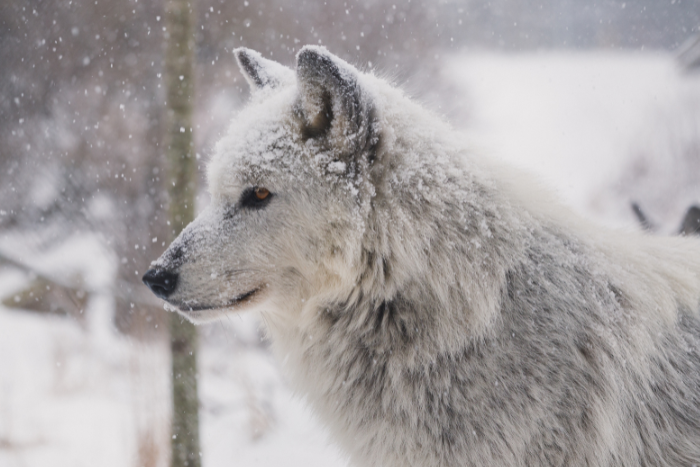
‘Cross-border commuters’: the women who risk the dangerous crossing between Venezuela and Colombia each day
In The Conversation, Valentina Montoya Robledo from the Transport Studies Unit highlights the challenges of women who cross the Colombia-Venezuela border every day to work.
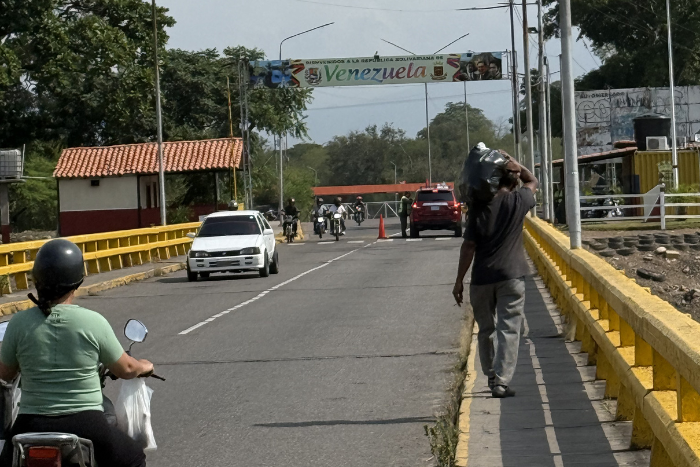
For people and planet: New social sciences collaborations awarded funding to advance the UN Sustainable Development Goals
Six new social sciences projects from across the University of Oxford and Oxford Brookes University have been awarded £80,000 to pursue knowledge exchange activities in pursuit of the UN’s Sustainable Development Goals. The projects were selected from a field of applicants to Oxford's SDG Impact Fund.
